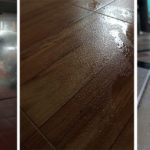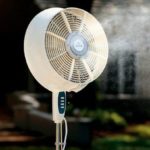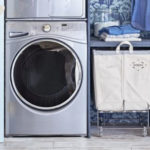1. Damage to Electrical Equipment During Damp and Rainy Weather
Television
Televisions are particularly susceptible to damage and electric shocks during rainy weather. This is because they are often mounted on walls, placed in cabinets, or directly on the floor, making it easy for moisture to accumulate. Issues that can occur with televisions in high humidity include distorted images, reduced picture quality, interference, and electrical shorts. See image below:

Speakers and Amplifiers
Other devices such as speakers and amplifiers are also at risk of malfunction and deterioration in quality during rainy days. When exposed to high humidity, metal details can corrode and wear, while wooden speakers can develop mold and affect sound quality. See image below:
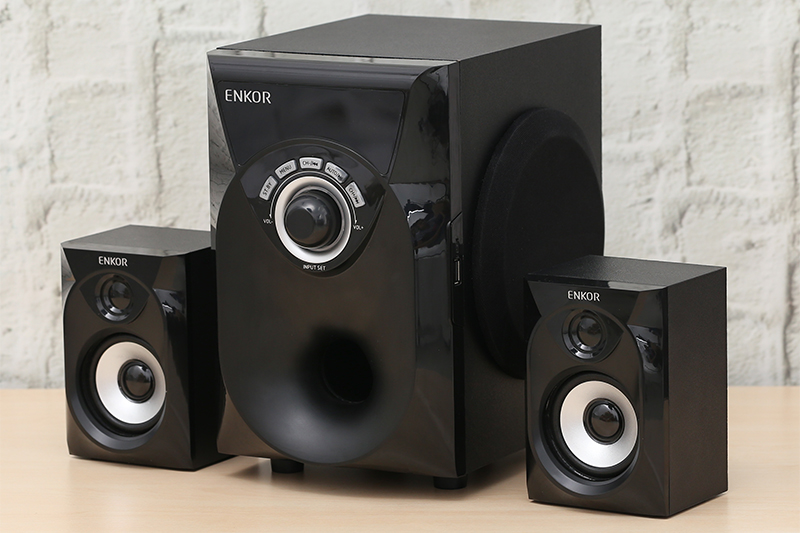
Laptop and Desktop Computers
Laptops and desktop computers are also vulnerable to damage during rainy and humid days. However, since these devices are often placed in well-ventilated areas like desks, the exposure to humid air is reduced. It is still important to clean them regularly and avoid excessive use on stormy days. See image below:
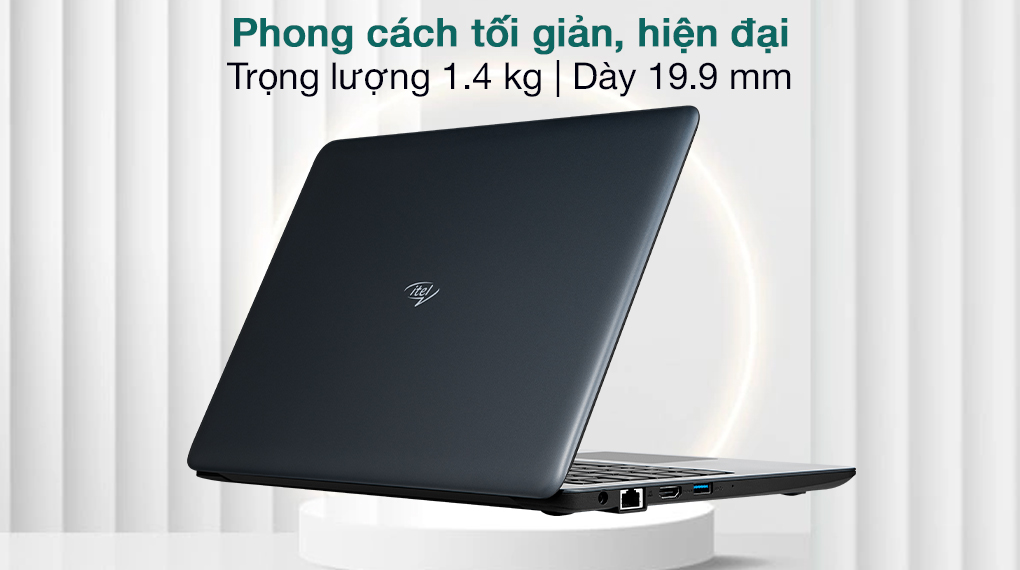
Washing Machines
When using washing machines during the rainy season, it is important to unplug them after use to prevent electrical leakage, which can be dangerous. Avoid placing washing machines in damp areas such as bathrooms or in direct sunlight. See image below:
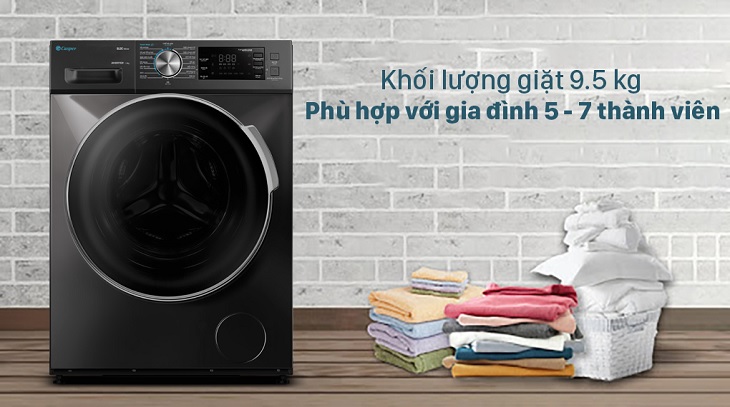
Electrical Outlets and Circuit Boards
While we often pay attention to electrical appliances, we may neglect the small fuse box or circuit breaker, which are actually the components most likely to cause fires or short circuits during rainy weather. Electrical outlets and circuit boards are often placed against walls or in corners, making them vulnerable to water leaks. See image below:
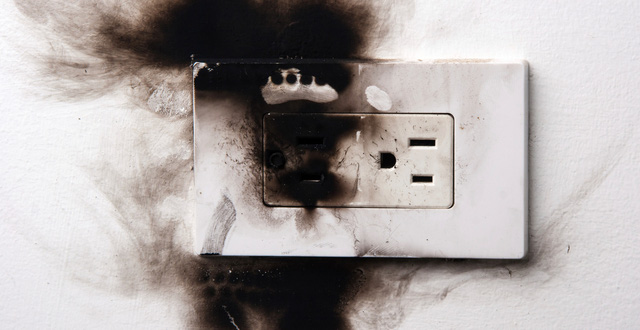
Phones and Cameras
Although phones and cameras are considered to be in the “low risk” category, they still need protection during humid days. It is important to use stable and safe power sources, avoid using cheap chargers in damp conditions, and take care of cameras to prevent mold and damage. See images below:
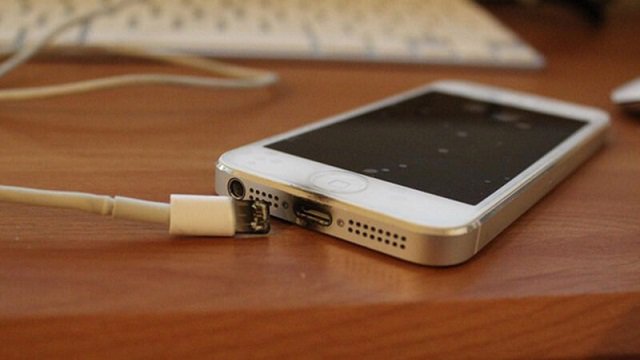
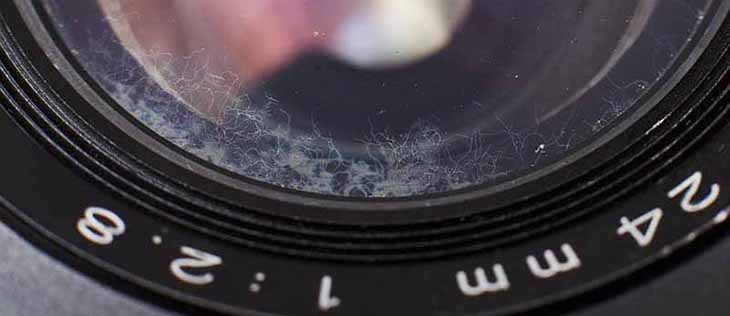
2. How to Store Electronic Devices During Stormy Season
Here are some tips for storing and handling electronic devices during humid and rainy weather:
Place the device in a dry location
Try to keep electrical devices at least 10-15cm away from walls and about 80cm off the floor. This will help reduce the risk of moisture damage. See image below:
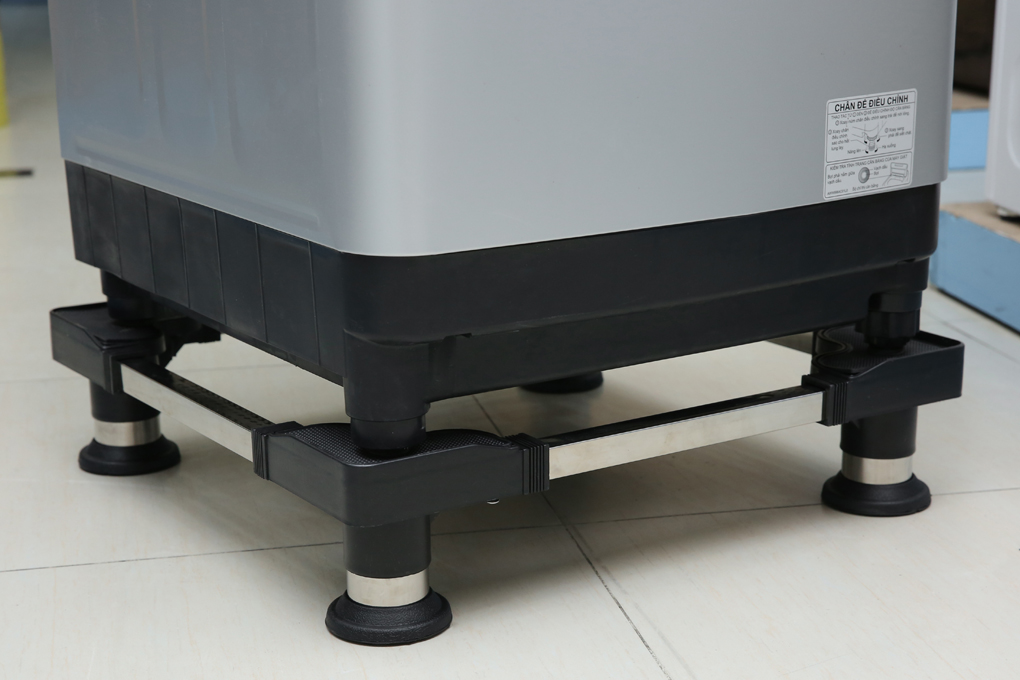
Ensure power source
During rainy weather, use stable and safe power sources to minimize electrical malfunctions and leaks. Consider installing anti-shock devices or power protection devices like UPS. Avoid using the same socket for multiple devices and use multiple circuit breakers to quickly cut off power in case of electrical problems. See image below:
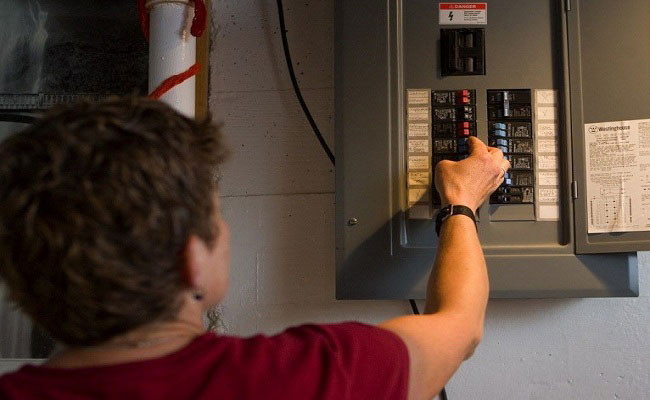
Regular cleaning and maintenance
Regularly check power sources and disconnect the power supply of electrical devices during heavy rain and thunderstorms. Avoid using unrepaired appliances and refrain from attempting to repair them without the necessary skills and equipment. See image below:
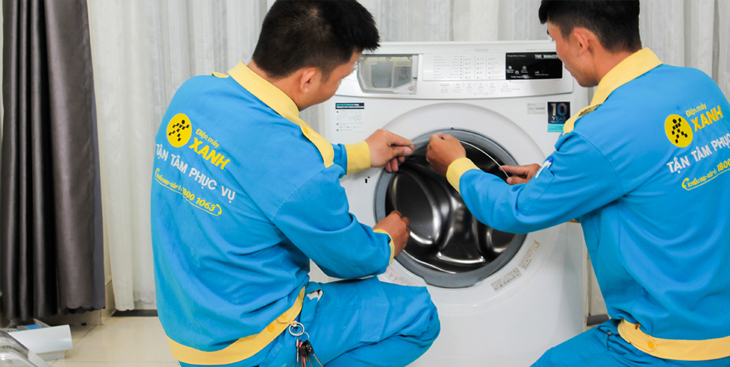
Regularly use
Turn on devices like TVs, computers, sound systems, and projectors for at least 1 time per day. Regular use helps release heat and self-dry the components inside the devices. For devices that require longer operating times, you can leave them in standby mode. See image below:
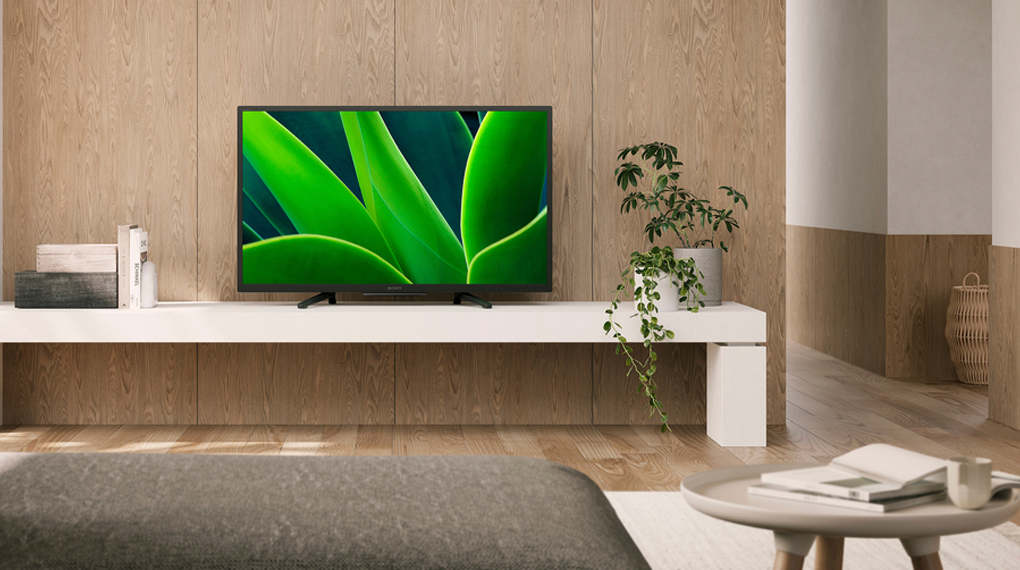
Place the device near regular operating devices
If possible, place small electronic devices near regularly operating devices such as TVs or computers. The warmth from the nearby devices can help prevent moisture buildup. However, be careful not to leave the devices too close to the power source to avoid overheating and damage. See image below:

Install lightning protection and grounding equipment
Consider installing lightning protection devices such as lightning rods, grounding wires, and ground terminals. These devices will help protect electrical equipment and ensure safety for your family. Proper installation techniques and regular maintenance are essential. See images below:
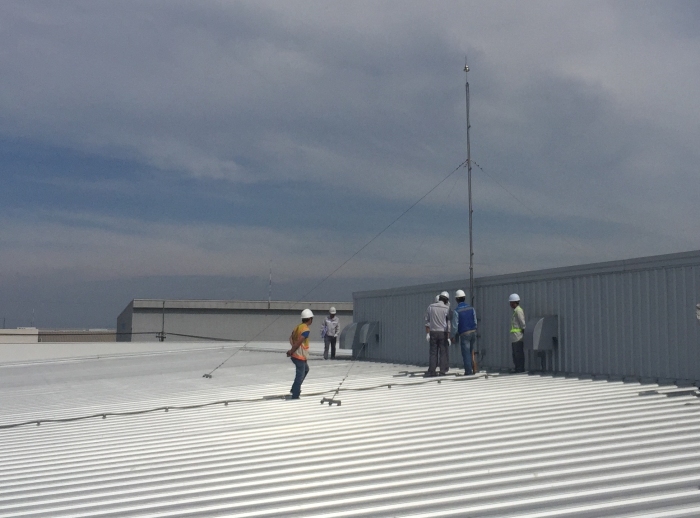
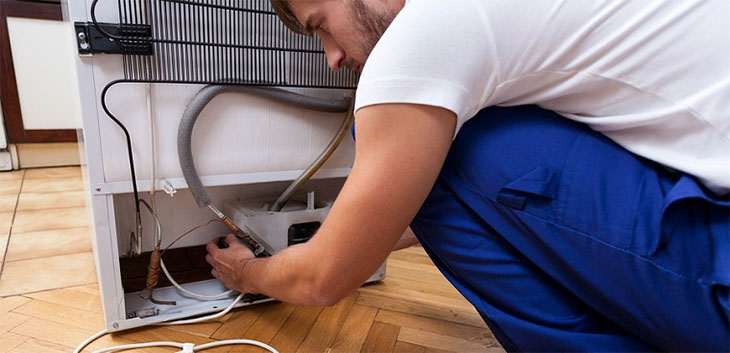
Limit unnecessary opening of doors and windows
During humid weather, minimize the entry of humid air by keeping doors and windows closed. Avoid using fans to dry the air as it can cause water vapor to condense and lead to more mold. See image below:
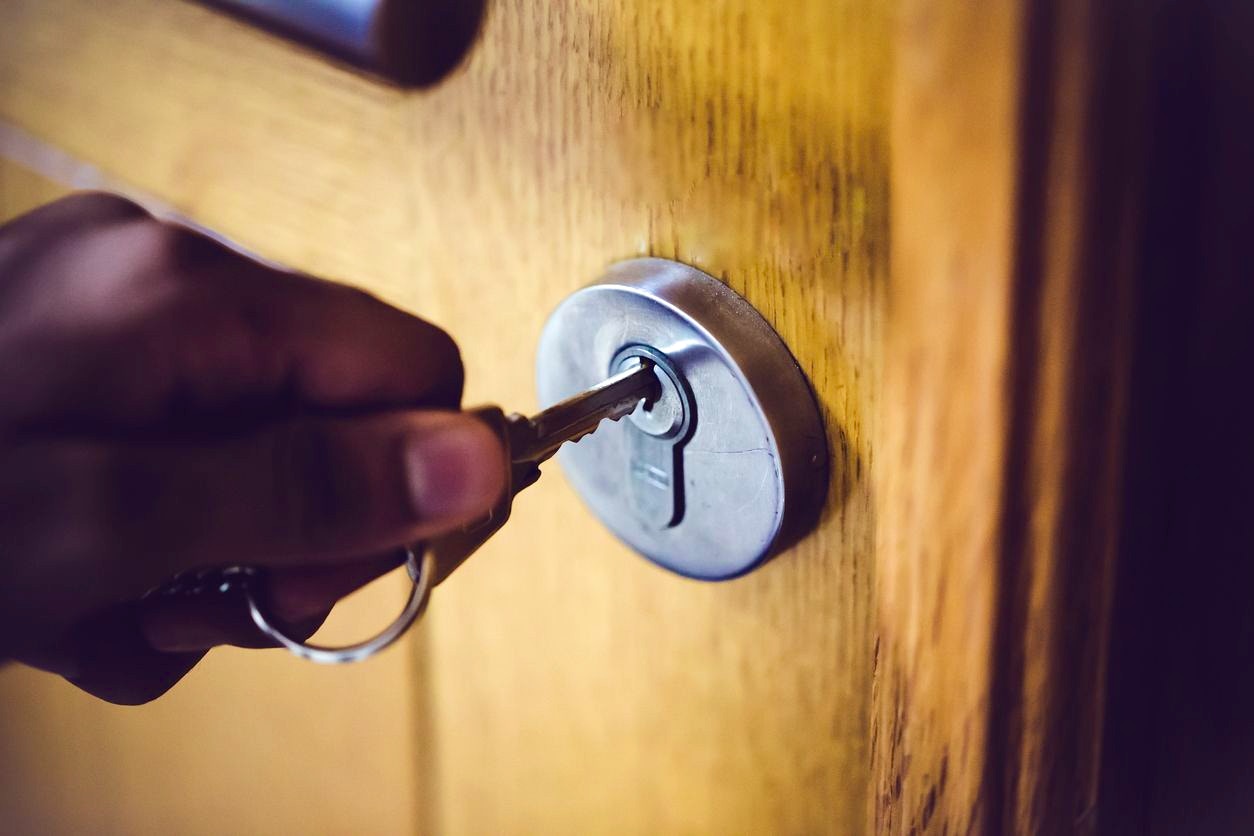
Install dehumidification systems
Consider using dehumidifiers or moisture-absorbing packs to reduce humidity and keep devices dry. See images below:

Place the device in an air-conditioned room
In an air-conditioned room, set the mode to Dry and turn on the heat. This helps to keep the room dry and protect electrical devices from damage. See image below:
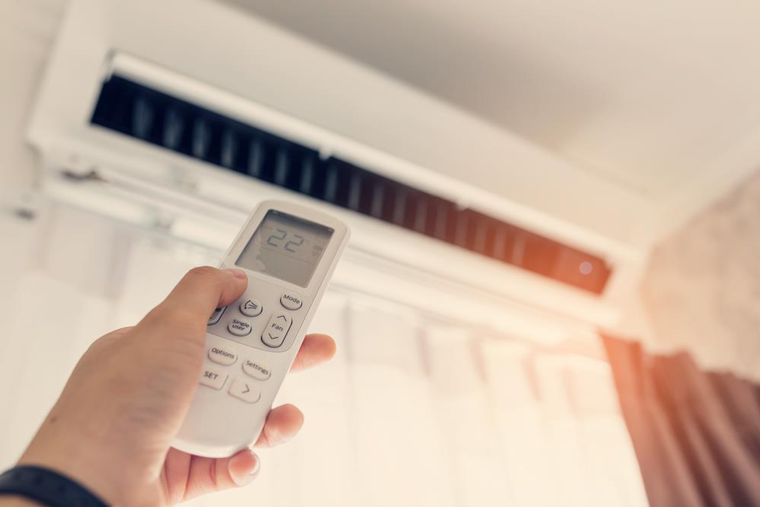
During the rainy season, it is important to take proper care of your electronic devices to prevent damage and ensure their longevity. By following these tips and precautions, you can protect your devices and maintain their performance even in challenging weather conditions.
How to Choose the Best Air Conditioning Setting for a Humid and Damp Home
As the cooler temperatures of winter and spring begin to set in across the Northeast, families are confronted with an additional worry – how can they protect their homes from mold and dampness? While a dehumidifier is an effective measure, are there other air conditioning or cooling methods which can be used to ensure the air remains free of moisture and fungi?
























